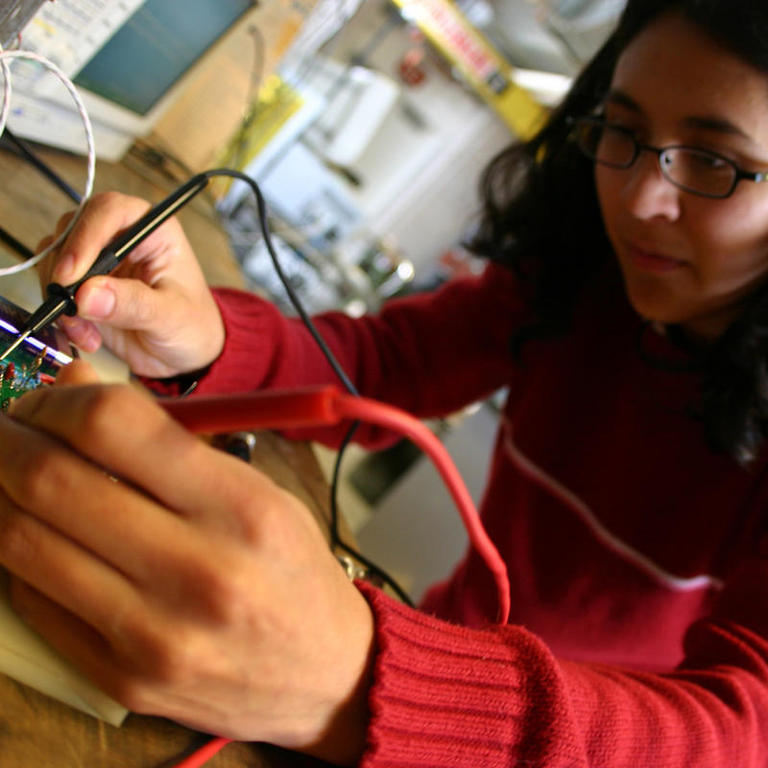These temporary appointments are aimed to foster a hub of ideas and a collaborative space for innovation.
Berkeley visiting student researchers (VSRs), scholar, and postdoc appointments are temporary, allowing individuals a unique opportunity to conduct research under the guidance of a faculty member. The time spent as a visiting scholar or visiting student researcher prepares you for a career in academia, industry, government and the non-profit sector.
The Visiting Scholars and Postdoc Affairs office provides resources on the appointment process & requirements, pre and post arrival information, campus and local resources, and health insurance & benefits.
The Berkeley International Office provides resources for visiting students, scholars, and postdocs on visa and immigration information, SEVIS, maintaining legal status in the US, pre and post arrival information, and on campus scholar information meetings.
Definitions
Visiting Student Researcher
Visiting student researchers (VSRs) are applicants who are currently enrolled in a degree program and are working to obtain a degree. Generally, VSRs must hold a minimum of a Bachelor's Degree or its equivalent. VSR positions are not compensated. VSRs primary purpose on campus is to conduct research. The length of stay for VSRs is at least one month to one year. VSRs do not take classes for credit and are only able to audit courses if they receive permission from the professor of the course.
Visiting Scholar
Visiting scholars are individuals who possess a Ph.D. or its equivalent, and whose primary purpose for residence on the Berkeley campus is to conduct independent research. The length of stay for a visiting scholar is at least one month and appointments are granted one year at a time, with a maximum cumulative appointment time of two years. Visiting scholar positions are not compensated. However, units may provide a stipend of up to $10,000 per year. Such stipends can be used to cover things such as living expenses, travel costs, and incidental research expenses, but not as a form of salary compensation.
Postdoc
All postdoc appointments are temporary and typically last for one to two years. Some postdocs may be appointed for subsequent years depending on funding, but normally do not exceed five years. This includes previous postdoc experience at other institutions. With the sponsoring department or Organized Research Unit's approval, faculty mentors offer positions to appointees in writing. All postdoc appointments must work and be compensated at 100% time. Exceptions to less than full-time appointments are initiated by the postdoc and endorsed by appropriate University officials. The campus has a minimum compensation policy for postdocs; postdocs whose fellowships pay less than the campus minimum may be supplemented by other fund sources contingent upon the rules of the fellowship as well as the availability of funds.

